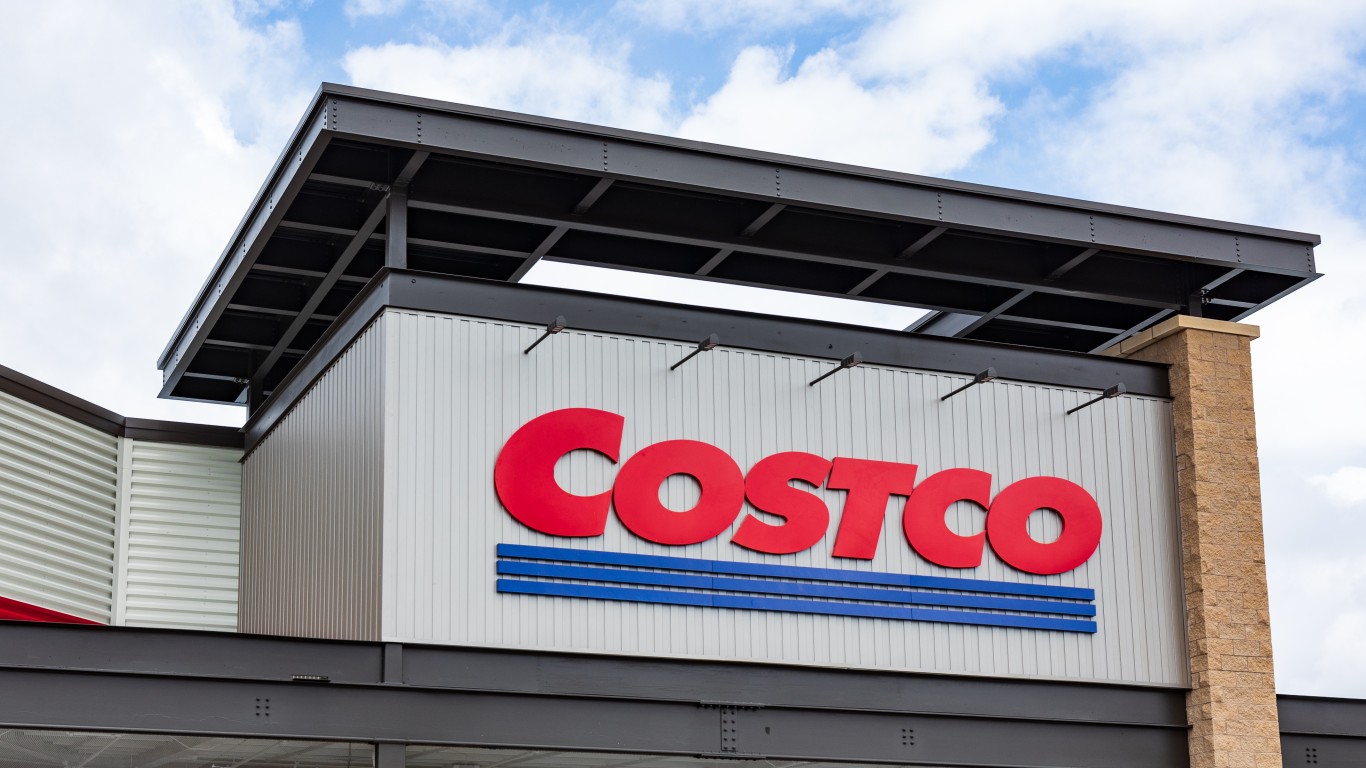
While the COVID-19 pandemic has kept most Americans close to home, U.S. consumers still needed to buy things. And the purchasing experience has been less than optimal.
According to a new American Customer Satisfaction Index (ACSI) survey, four of five retail industries received lower satisfaction scores in a survey of nearly 31,000 consumers conducted between April 1 and September 30. The scores were compared to a similar study done last year.
ACSI’s managing director, David VanAmburg, commented, “Customers braced for delayed packages, empty grocery store shelves, and hard-to-find name brands. Of course, just because they expected this, doesn’t mean they were thrilled about it.”
Surprisingly, perhaps, the sector posting the lowest index score was internet retail. The sector’s index score fell by nearly 5% year over year, from 81 to 77. The top score (80) went to three sellers: Costco, Etsy and Nordstrom. Each showed a year-over-year decline, with Costco down one point and the others down two points.
Amazon’s index score dropped 7%, the largest decline among all internet retailers, from a sector-leading 83 last year to 77. ACSI noted that “According to the data, the former online leader experiences big declines in site performance, merchandise variety, inventory, customer support, and shipping.”
Walmart, which has spent considerable effort and cash to boost its online retail business, finished with an index score of 73, just one point above last-place finisher Sears. Other online retailers and scores include Wayfair (down 6% year over year), Overstock (down 5%) and the HP Store, Nike, Macy’s, Apple, Dell, Gap and Lowe’s (down 4% each).
The only retail industry to escape a lower year-over-year index score was the health and personal care sector. The sector posted the same score (76 out of a possible 100) as last year. No retail store posted a better score than a year ago but four (CVS, Kroger, Walmart, Kmart/Sears) dipped by just 1%. The best score (81) was posted by “All Others,” with CVS second with an index score of 78.
Among supermarkets, the sector index dropped nearly 4% from 78 to 75. Leaders, with no year-over-year change, were Trader Joe’s and Wegmans with index scores of 84. The largest decliner was Albertsons, dropping 8% from 75 to 69. Walmart finished next-to-last with a 3% drop from 73 to 71.
Scores for supermarkets were nicked for the stores’ inability to keep shelves stocked (down 6% year over year to 75). Lack of sales and promotions were also cited, as was the number of stores.
In the department and discount store category, Costco led with a score of 81, down two points from last year. BJ’s Wholesale, Dollar Tree, Sears and Dollar General dropped 4% year over year, the largest decline in this category. Index scores for Kohl’s, Nordstrom, Macy’s, Big Lots and Walmart remained flat.
Among specialty retailers, L Brands (Victoria’s Secret and Bath & Body Works among others) posted the top score of 81, down a point year over year. Sephora and Ulta Beauty followed with scores of 80, while Cabela’s was fourth (79) and three stores (Abercrombie & Fitch, Gap, and TJX) posted 78. As a group, specialty scores were down 2.6% (two index points) to 76 this year.
Are You Ahead, or Behind on Retirement?
If you’re one of the over 4 Million Americans set to retire this year, you may want to pay attention. Many people have worked their whole lives preparing to retire without ever knowing the answer to the most important question: am I ahead, or behind on my goals?
Don’t make the same mistake. It’s an easy question to answer. A quick conversation with a financial advisor can help you unpack your savings, spending, and goals for your money. With Zoe Financial’s free matching tool, you can connect with trusted financial advisors in minutes.
Why wait? Click here to get started today!
Thank you for reading! Have some feedback for us?
Contact the 24/7 Wall St. editorial team.



